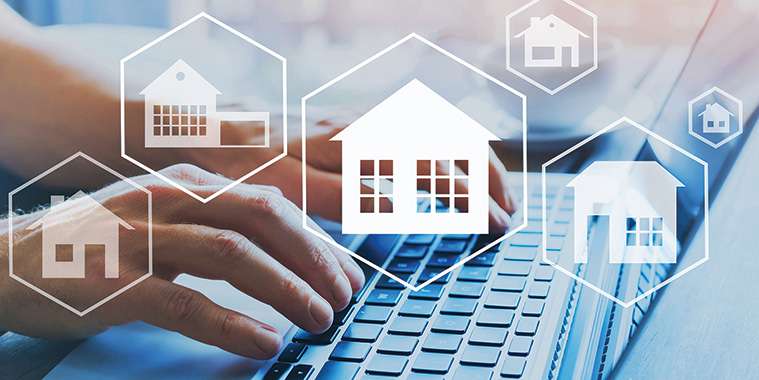The COVID-19, or coronavirus crisis has left many homeowners in Canada without a job or with reduced hours and wondering how to pay their mortgage. Homeowners facing financial stress may be eligible for a mortgage payment deferral up to six months to help ease the financial burden.
The COVID-19 Mortgage Payment Deferral program will be ongoing. You can apply at any time during this outbreak.
What is mortgage payment deferral?
Mortgage payment deferrals can help you during times of financial hardship — like unemployment or reduced employment due to the Coronavirus (COVID-19) outbreak.
The deferral is an agreement between you and your lender. Typically, the agreement indicates that you and your lender have agreed to pause or suspend your mortgage payments for a certain amount of time. It’s also known as a mortgage payment deferral agreement or mortgage forbearance agreement and it’s a temporary measure.
After the agreement ends, your mortgage payments return to normal and the missed payments — including principal and accumulated interest — repaid.
How mortgage payment deferrals can help you?
A mortgage deferral helps you when you’re struggling to make your payments by allowing you to skip your mortgage payment for a specified amount of time.
Are the deferred payments erased or cancelled?
The mortgage deferral agreement does not cancel, erase or eliminate the amount owed on your mortgage. At the end of the agreement, you will have to resume payment according to your regular payment schedule.
NOTE: The interest that hasn’t been paid during the deferral period continues to be added to the outstanding principal of your mortgage. This can affect the total amount you owe in accordance with the original payment schedule.
Do I need to repay the deferred amounts?
Yes, you’ll need to repay the amounts of the skipped payments including both principal and interest.
How do I repay the deferred amounts?
Details of the repayment will vary according to the specific lender and situation.
The interest on your mortgage that hasn’t been paid during the deferral period continues to be added to the outstanding principal of your mortgage. When your payments start again, your mortgage payment might be based off the total amount you then owe to pay off your mortgage in accordance with the original payment schedule.
IMPORTANT: Mortgage payment deferrals focus solely on your mortgage. It won’t affect other payments regularly withdrawn, like property taxes and life/disability insurance.
How do I know if I am eligible for a mortgage payment deferral?
Your lender — your bank or your mortgage professional — can tell you if you are eligible for a mortgage payment deferral.
Is CMHC helping with mortgage deferrals?
Yes, with the COVID-19 outbreak, we are allowing lenders to offer deferred payments for insured
mortgages.
All mortgage insurers offer a number of tools to lenders that can help you when you’re in financial difficulty and are struggling to meet your mortgage obligations.
What if my mortgage isn’t CMHC-insured?
Any borrower facing financial difficulty should contact their lender — your bank or mortgage professional — to learn what options are available.
What are my options?
The payment deferral is for people who will struggle to make their next mortgage payment. If you are in a position to make your payments, you should.
If — at any point in this crisis — you think you won’t be able to make your regular mortgage payment, it’s important for you to take quick action. Contact your bank or mortgage professional immediately before you miss a payment.
— Canada Mortgage and Housing Corporation



